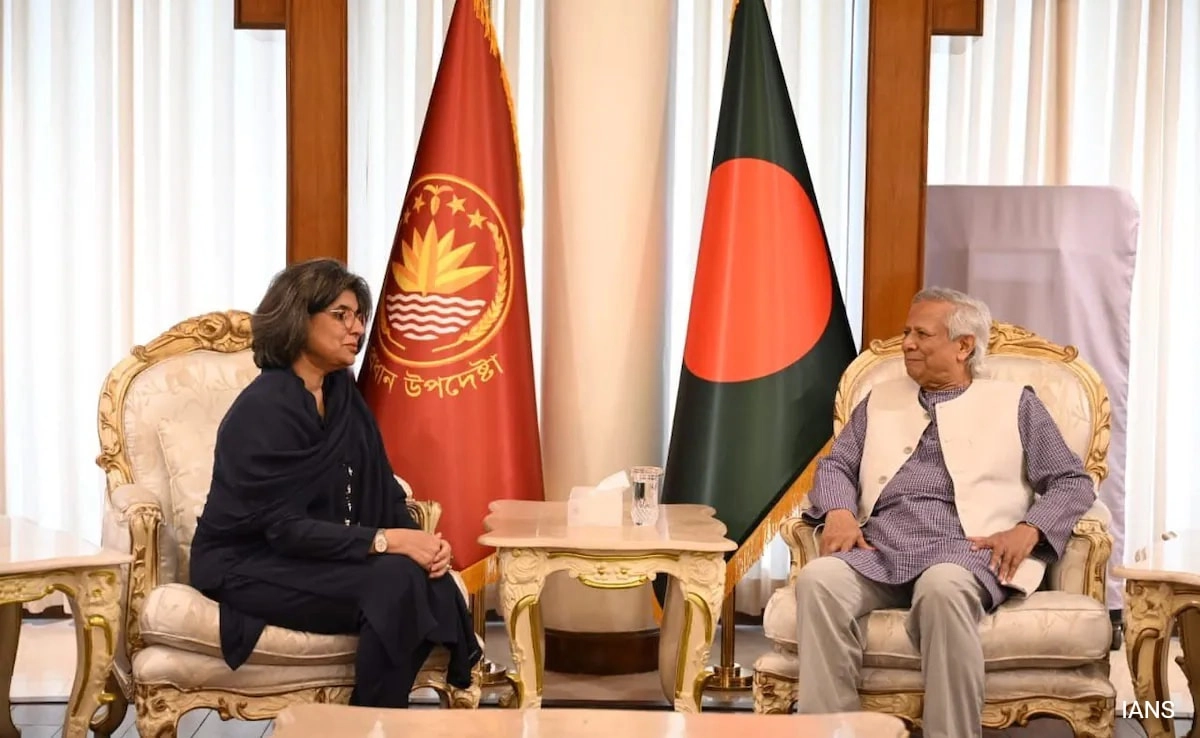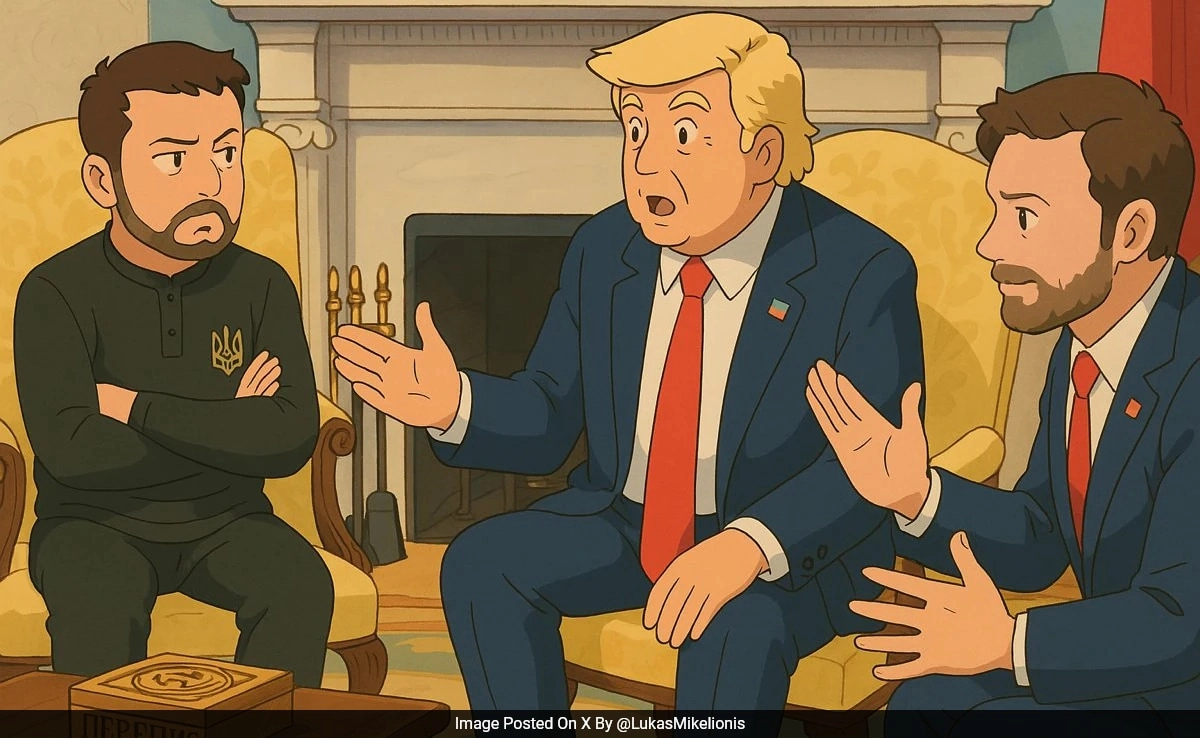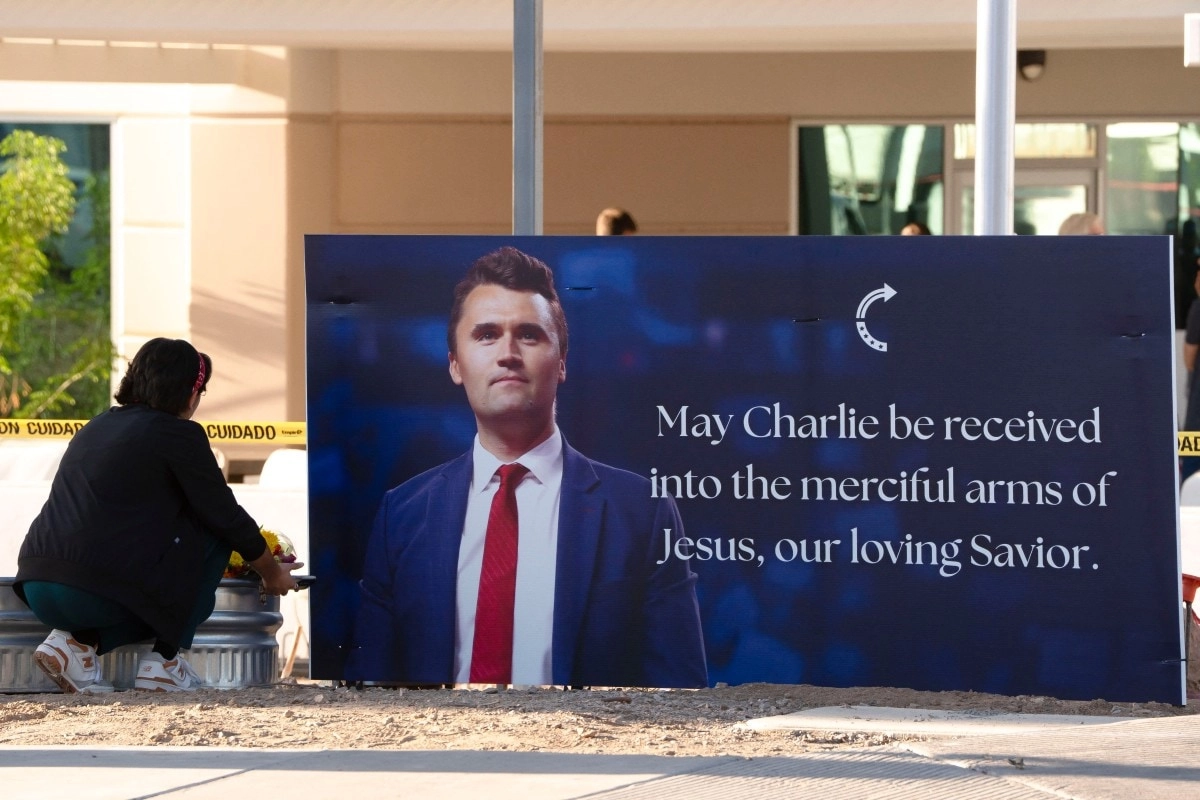Bangladesh is currently engaged in diplomatic discussions with Pakistan, emphasizing the need for a formal public apology regarding the atrocities committed during the Bangladesh Liberation War in 1971. This conflict resulted in widespread violence, loss of life, and significant suffering among the Bangladeshi population. As the 50th anniversary of the war approaches, Bangladesh seeks to address the historical grievances that continue to resonate within its society. The demand for an apology is not just about acknowledging past wrongs but also about fostering reconciliation and healing for the survivors and their families.
The atrocities of 1971 included mass killings, sexual violence, and the displacement of millions, which left deep scars on the collective memory of Bangladesh. The pursuit of justice has been a long-standing issue in Bangladesh, and many believe that a public apology from Pakistan could serve as a crucial step toward reconciliation. This dialogue highlights the importance of facing historical truths and taking responsibility for past actions. While Pakistan has previously expressed regret over the conflict, a formal acknowledgment of the extent of the atrocities and a sincere apology remain absent.
In the broader context, the discussions between the two nations also reflect the complexities of their bilateral relationship. The shadows of the past continue to influence diplomatic ties and public sentiment on both sides. Bangladesh’s insistence on an apology signifies a desire not only for recognition but also for a more constructive future in relations with Pakistan. It underscores the broader need for healing and understanding, as well as the potential for improved cooperation between the two countries if historical grievances are adequately addressed.
As Bangladesh navigates this sensitive issue, it is also aware of the potential impact on regional stability and cooperation. Acknowledging historical wrongs can pave the way for more constructive diplomatic engagement and better relations between the two nations. Both countries stand at a crossroads, where addressing the past can lead to a more harmonious future, fostering collaboration in areas such as trade, security, and cultural exchange. Ultimately, the quest for a public apology can be seen as a vital step toward not only healing historical wounds but also building a foundation for a more peaceful coexistence in the years to come.




